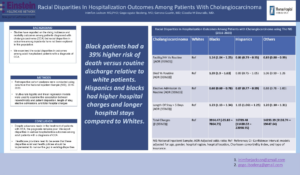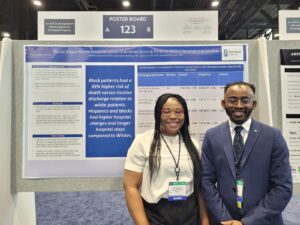
🤚🏻 Five for Friday – Five ASCO 2023 Highlights
Home / Blog / [wpbb post:title]
The American Society of Clinical Oncology (ASCO) meeting took place in Chicago the first week of June. The Foundation provided an information booth in the Advocacy Pavillion and participated in premier scientific events for oncology professionals, patient advocates, industry representatives, and major worldwide media outlets. These five updates highlight what our attendees found most beneficial:
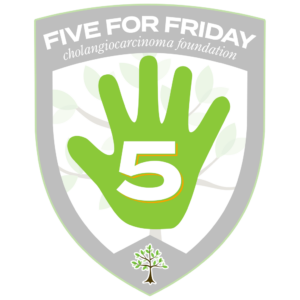
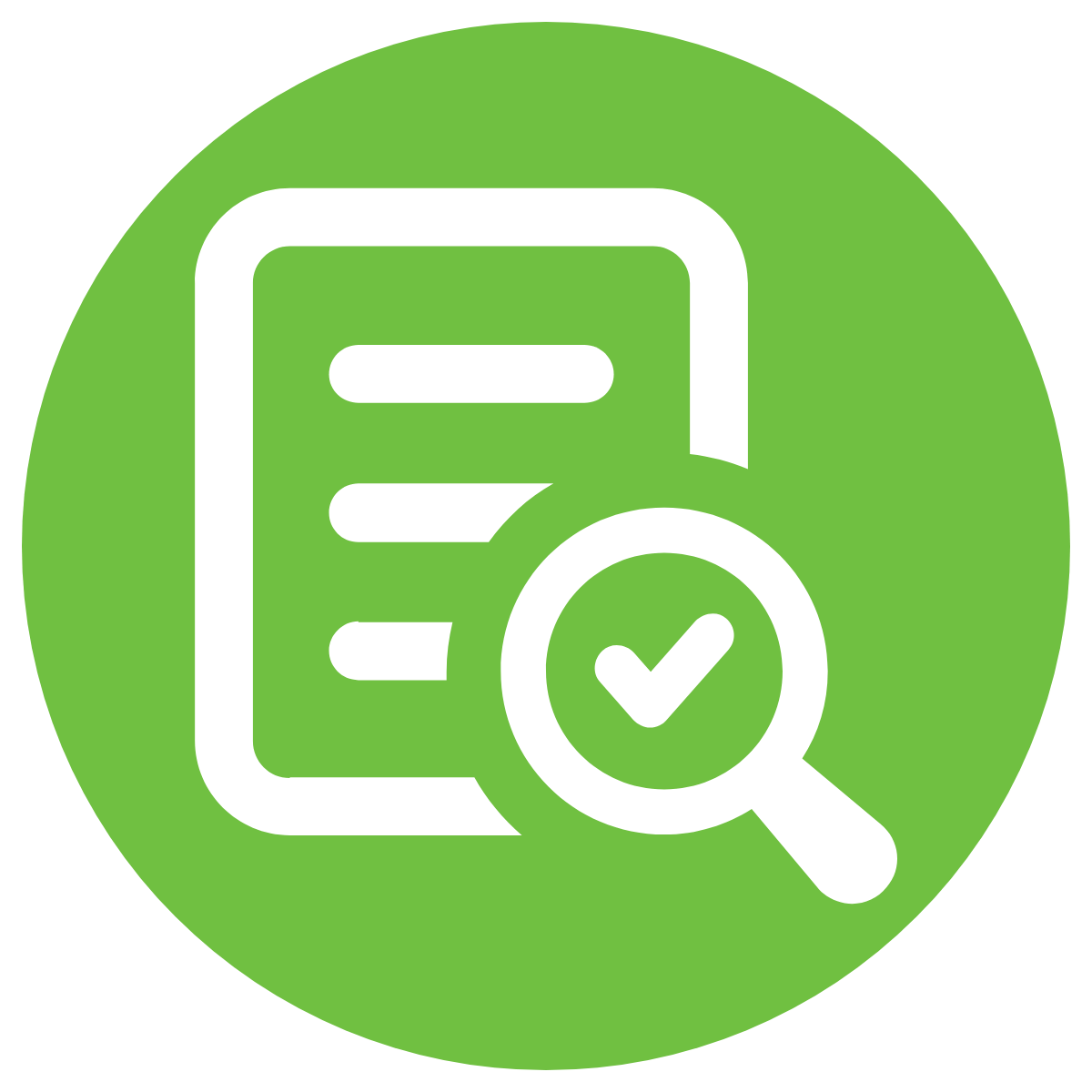
Racial Disparities in Hospitalization Outcomes Among Patients with Cholangiocarcinoma
I spoke with the authors of this poster, and they shared their insights on information they had gathered. The poster identified racial disparities among individuals diagnosed with cholangiocarcinoma. Data was obtained from the National Inpatient Sample, and they found that patients identified as Hispanic and Black had higher hospital charges and longer hospital stays in comparison to patients identified as White. As with most things, more research is needed in this area for our CCA community.
-Lourdes Rocha-Nussbaum, CCF Patient Advocate
click to enlarge
RLY-4008 trial against FGFR2-altered CCA and other cancers
The good news for the cholangiocarcinoma community, was Mitesh Borad’s updated results from the ongoing Phase 1/2 trial of RLY-4008 against FGFR2-altered CCA and other cancers (NCT04526106). A key trial objective was to establish a recommended dose for further studies; the dose of 70 mg/day was established from an analysis of the results.
RLY-4008 is expected to offer two benefits over existing FGFR inhibitors:
- It binds particularly strongly to FGFR2, and so withstands some mutations like the V565F fusion that displaces other FGFR inhibitors;
- It acts only on FGFR2, avoiding the hyperphosphatemia associated with FGFR4 inhibition.
This Phase-1 study has generally confirmed expectations. Among patients receiving 70mg or more, the overall response rate (ORR) was 73%. Across all doses, 92% of patients had tumor reductions. No maximum tolerated dose was found despite some toxicities. Even among patients who had progressed on prior FGFR inhibitor therapy, the ORR was 21%. The disease control rate was 88% among patients without prior FGFR inhibitor therapy and 80% among those with such prior therapy.
Adverse events included hand-foot syndrome, stomatisis (mouth sores), nail toxicities, ocular toxicities, dry mouth, hair loss, and dry eyes, all resulting from on-target inhibition of FGFR2 in these other organs. There was very little diarrhea and no hyperphosphatemia. There were no Grade-4 AEs, and fewer than 3% of patients discontinued treatment due to AEs. Serum phosphate values remained within a normal range through all dose levels.
It is concluded that this treatment has considerable anti-tumor activity at the recommended 70-mg daily dose. The trial is continuing into the Phase-2 dose expansion to establish definitive efficacy with an intent for registration. The trial is available at many locations within the US and worldwide.
-George Riddle, Former Caregiver and Research Advocate
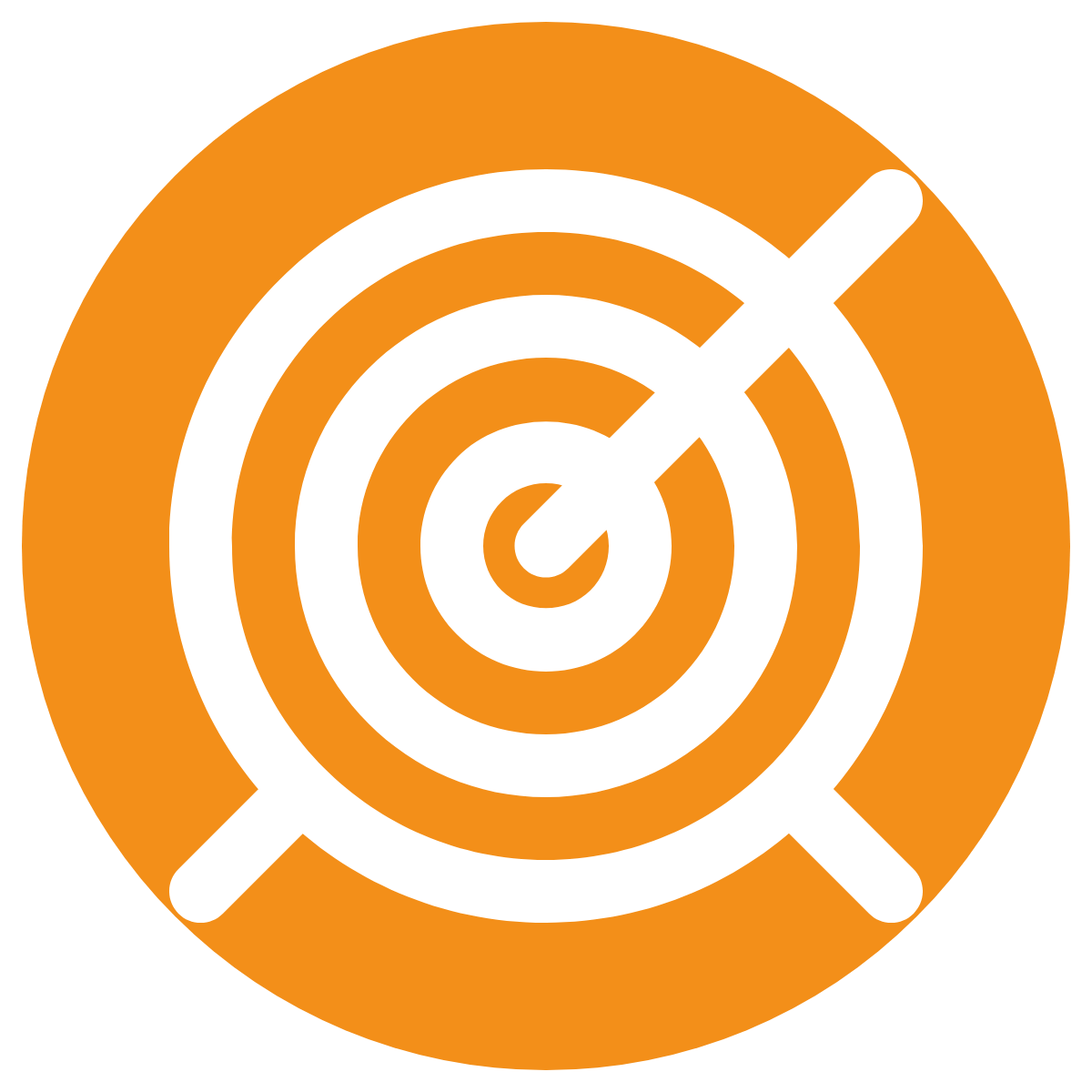
Current Therapeutic Targets in Cancer Cachexia
Current Therapeutic Targets in Cancer Cachexia: A Pathophysiologic Approach
There were three parts to this presentation: The Central Nervous System and Cancer Cachexia, Skeletal Muscle and Cancer Cachexia, Nutrient Signaling and Multimodality Approaches for Cancer Cachexia. There are different therapeutic methods and targets to combat cachexia. All the presenters acknowledged the complexities of cachexia and that it is a major necessity to address it as part of cancer care. There are therapies being tested in clinical trials, some in GI cancers and pancreatic, and they are shifting towards a multimodality approach including the use of nutrition, exercise, and of a drug to combat the anorexia, hyper-metabolism, and muscle wasting associated with cancer. If we can combat this part of the disease we would really be taking steps forward. It was an excellent presentation by the panel and the questions from the audience really added to the importance of the topic and conveyed how much this is needed for the betterment of all cancer patients.
-Katie Glenn, Former Caregiver and Research Advocate
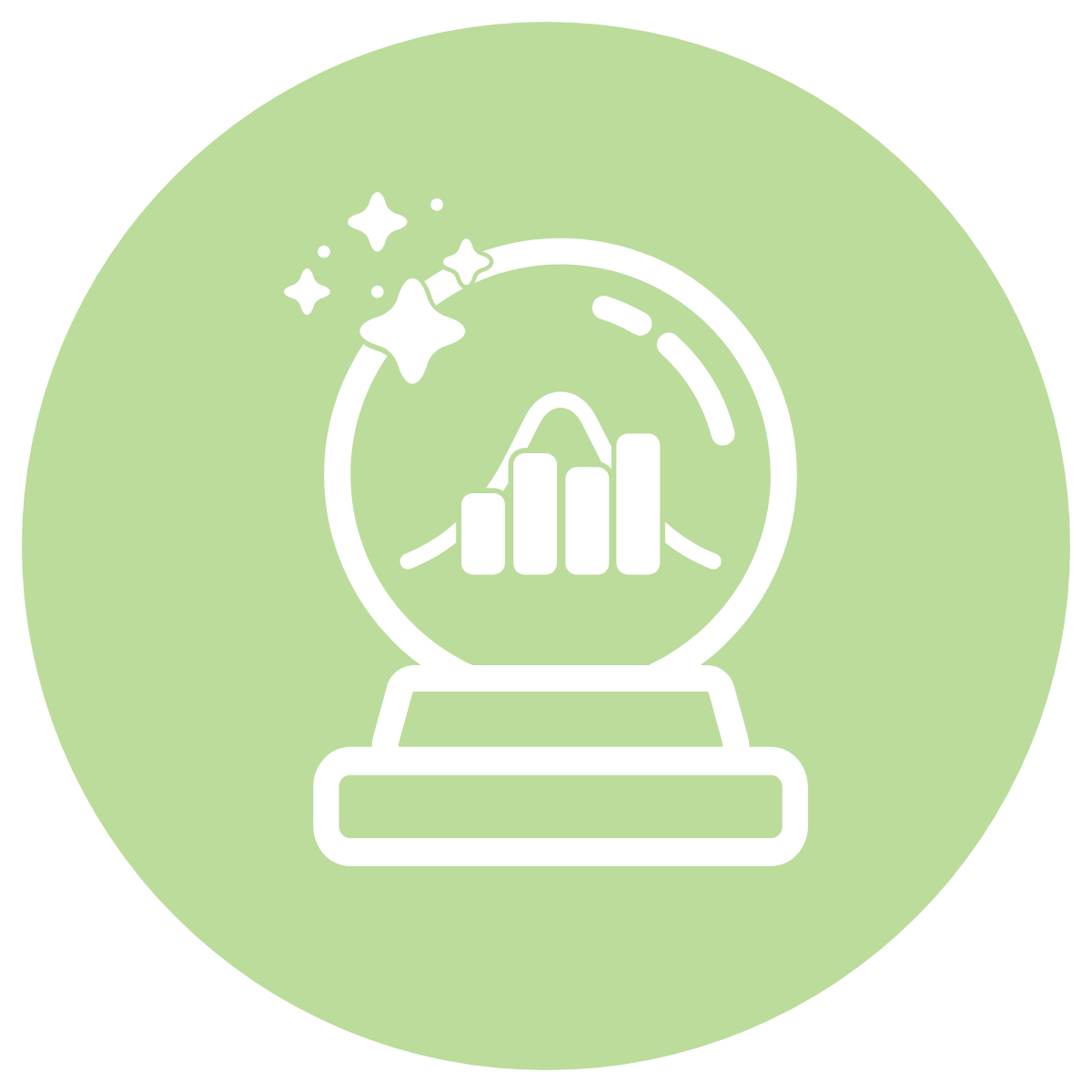
AI blood signature in common blood tests for detection of gastric cancer in a cohort of 190,000 individuals
AI blood signature in common blood tests for detection of gastric cancer in a cohort of 190,000 individuals was presented by Tsz Chun Byran Wong – Hong Kong University. Artificial Intelligence machines (as Dr. Wong referred to them) are under development to interpret Blood tests, liquid biopsy data for early cancer detection of solid tumors including CCA. Univ. Hong Kong has made compelling progress for early detection of gastric cancer.
-Fred Neubauer, Patient
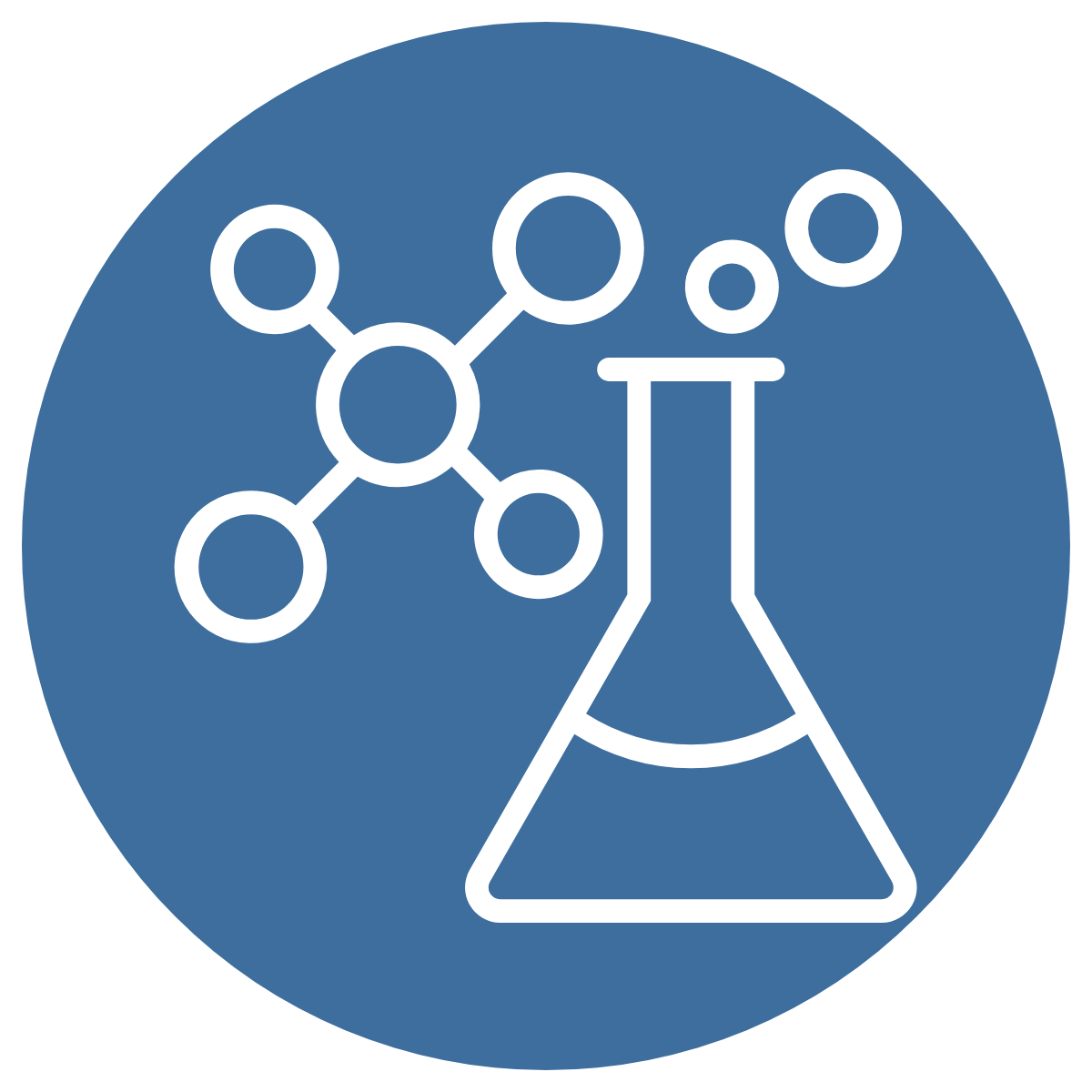
Phase II results of HERIZON-BTC-01 trial
My ASCO23 standout was the presentation on Phase II results of HERIZON-BTC-01 trial was a global study of Zanidatamab in HER2 amplified biliary tract cancer (BTC) patients. HER2 amplification/overexpression is observed in a subset of BTC as follows: 19-31% GBC, 17-19% eCCA and 4-5% in iCCA.
Some important highlights from this trial include:
- Preclinical studies showed zanidatamab demonstrated greater activity than trastuzumab +/- pertuzumab
- 87 patients enrolled in 32 sites
- ORR 41.3%, including one CR, 68.% DCR, mDOR was 12.9mo, media time to response was 1.8mo.
- Majority of evaluated patients (68.4%) had a decrease in target lesions
- Zandiatamab had a manageable and tolerable safety profile; the most frequent AEs were infusion related reactions (35%) and diarrhea (40%) but were predominantly low-grade and reversible.
On a separate note, my sister Nicole was the first CCA patient on this trial, so this really had a personal connection for me. I’m glad to see HER2 patients getting better options.
-Toni Pham, Former Caregiver and Research Advocate
If you have something you’d like to share, please reach out to Allison Deragon at allison.deragon@cholangiocarcinoma.org.
